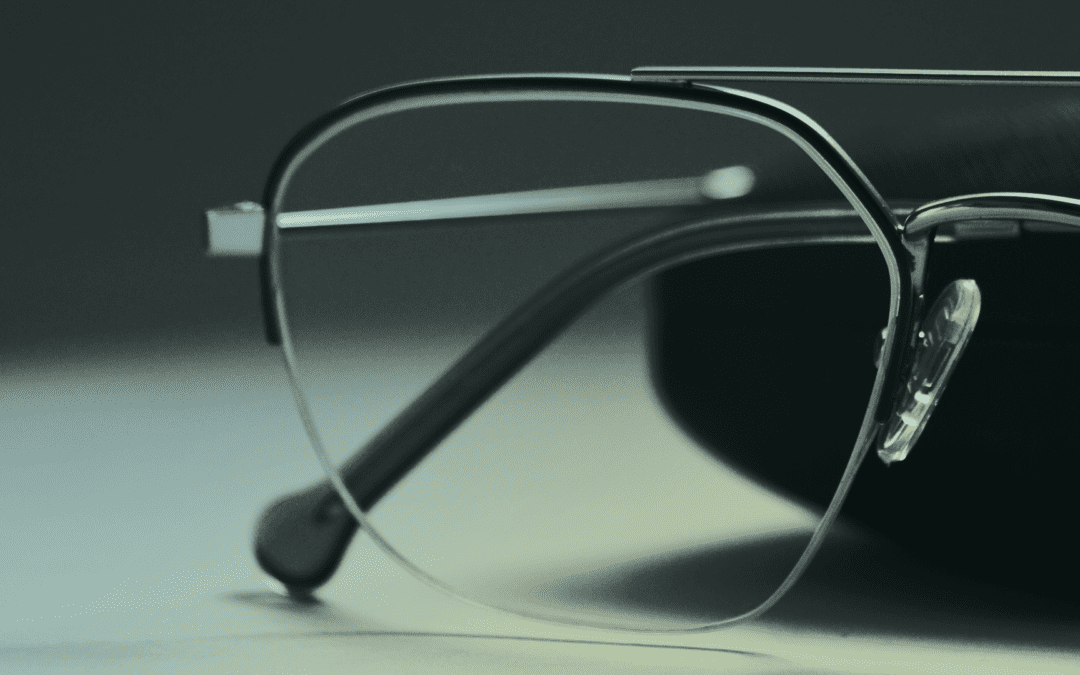Time goes by and technology changes and emerges along with it. Immersive media does too and as people we tend to search for more accompanying ways of using visual content in everyday life. Examples? Wearable gear such as smartwatches or standalone VR headsets. All of them are merging the portable features with the accessibility of modern media. But which implementation of immersive media is the most comfortable to date? Well, we are positive that augmented reality and smart glass technology is the right answer.
With this article, we want to show the whole potential of modern smart glass technology which comes as an important part of XR market. The technology became important both for industry 4.0 companies and casual customers, which makes it even more fascinating as a future mainstream trend.
Read more to find out what makes smart glass and AR technology a topic worth discovering.
Smart glass is a term we use to describe a kind of glass whose physical characteristic allows it to transfer visual content while controlled by a computer device. It’s nothing less than programmable projectors, but their weight and transparency make this technology potentially portable and very accessible for casual and industry users.
However, nowadays people ten to use the term smart glass to describe devices that use the technology of interactive lenses. Depending on the design and their level of advancement, “smart glasses” come in different configurations – from just one-eye displays, through the augmented reality goggles, to regular everyday glasses with AR features.
What are the benefits of using smart glass in business?
Smart glasses have one specific advantage: they are light and in most cases wireless. Moreover, we can work with them hands-free, just by the voice or QR codes. That’s because most smart-glass products have built-in cameras to track gestures, objects, or to capture photos of specific elements of the environment.

Automotive assembly lines, logistics, warehouse management – each of those industries have already implemented augmented reality along with smart glass solutions to eliminate errors and raise effectivity of their employees. With this technology, they can easily complete their everyday tasks, having vital information always on display – from the manuals and item descriptions, to live support from other employees or helpful simulations.
Our essential case study of smart glass implementation for industry company was a semi-trailer inspection module for BCUBE Porjectlogistik.
Above that, smart glasses can easily serve as substantive aid for doctors, scientists or special forces. It’s a matter of precise and effective performance, that make smart glass so useful in many particular fields of work.
Can smart glass technology be useful for the casual,
everyday user?
Yes, it can. With such revelations as Microsoft Holo Lens, Epson’s Moveiro line or Vuzix Blade – people learn that the accessibility of AR glasses is developed towards consumer use. Not only is the technology useful as a potential smartphone rival, but more importantly – as an advanced multimedia hub for personal entertainment.
It means that augmented reality wearables can become the next big step for wearables, offering the world of information right in front of our eyes.

